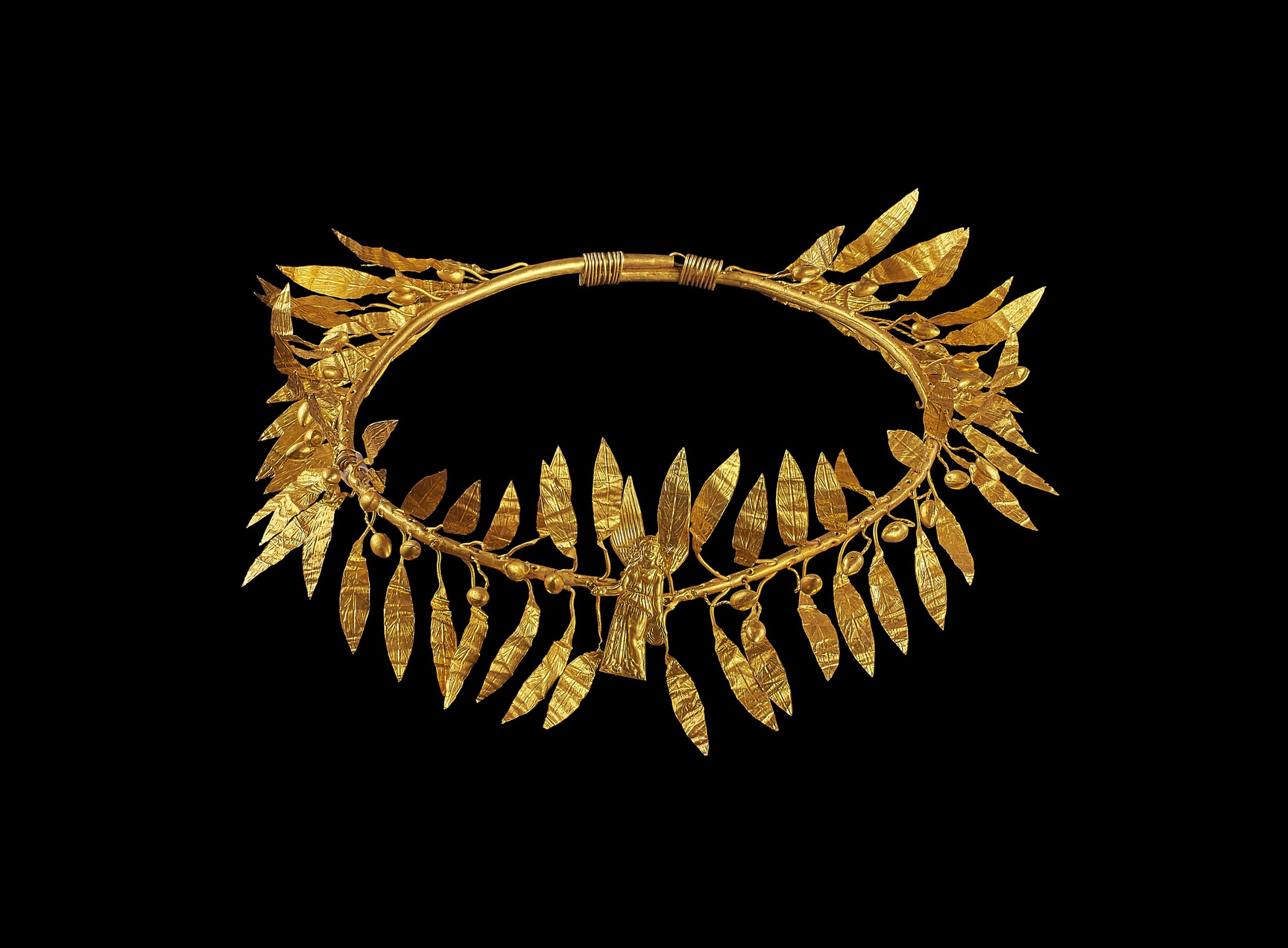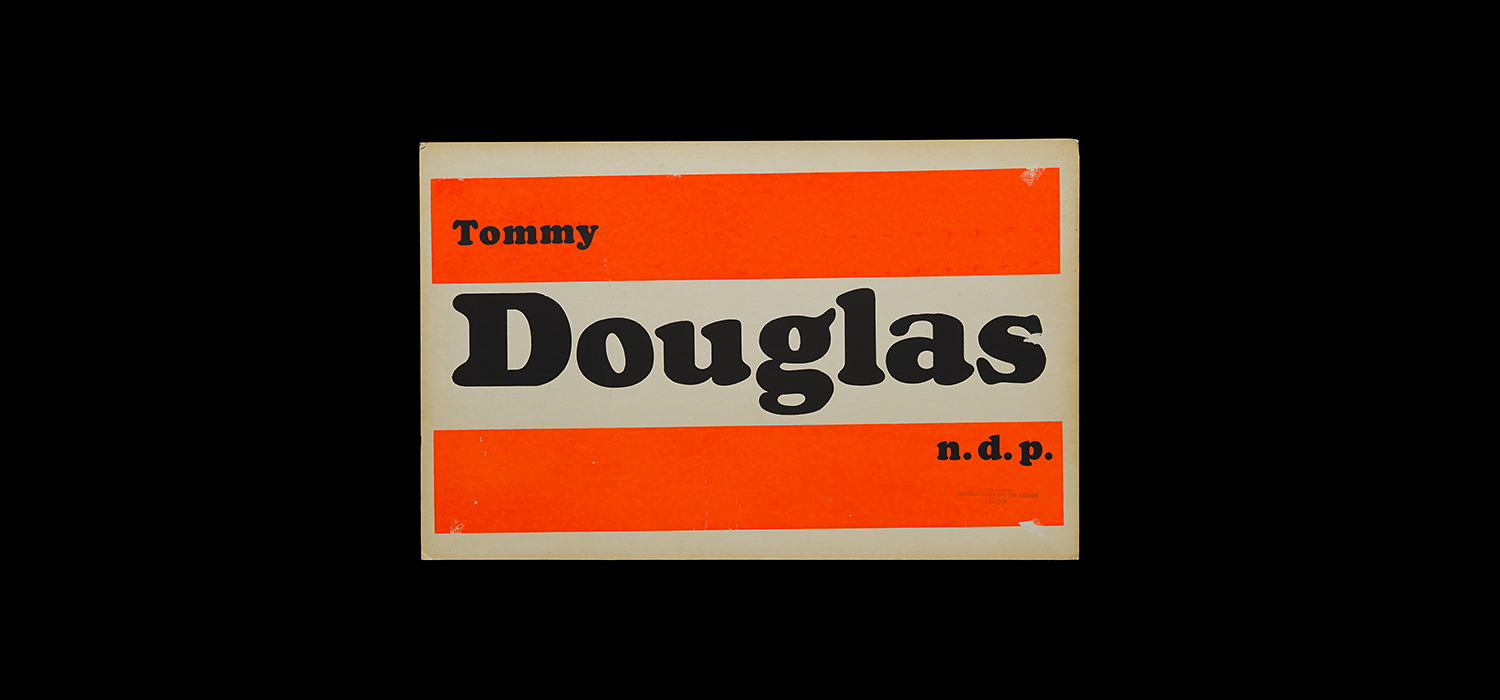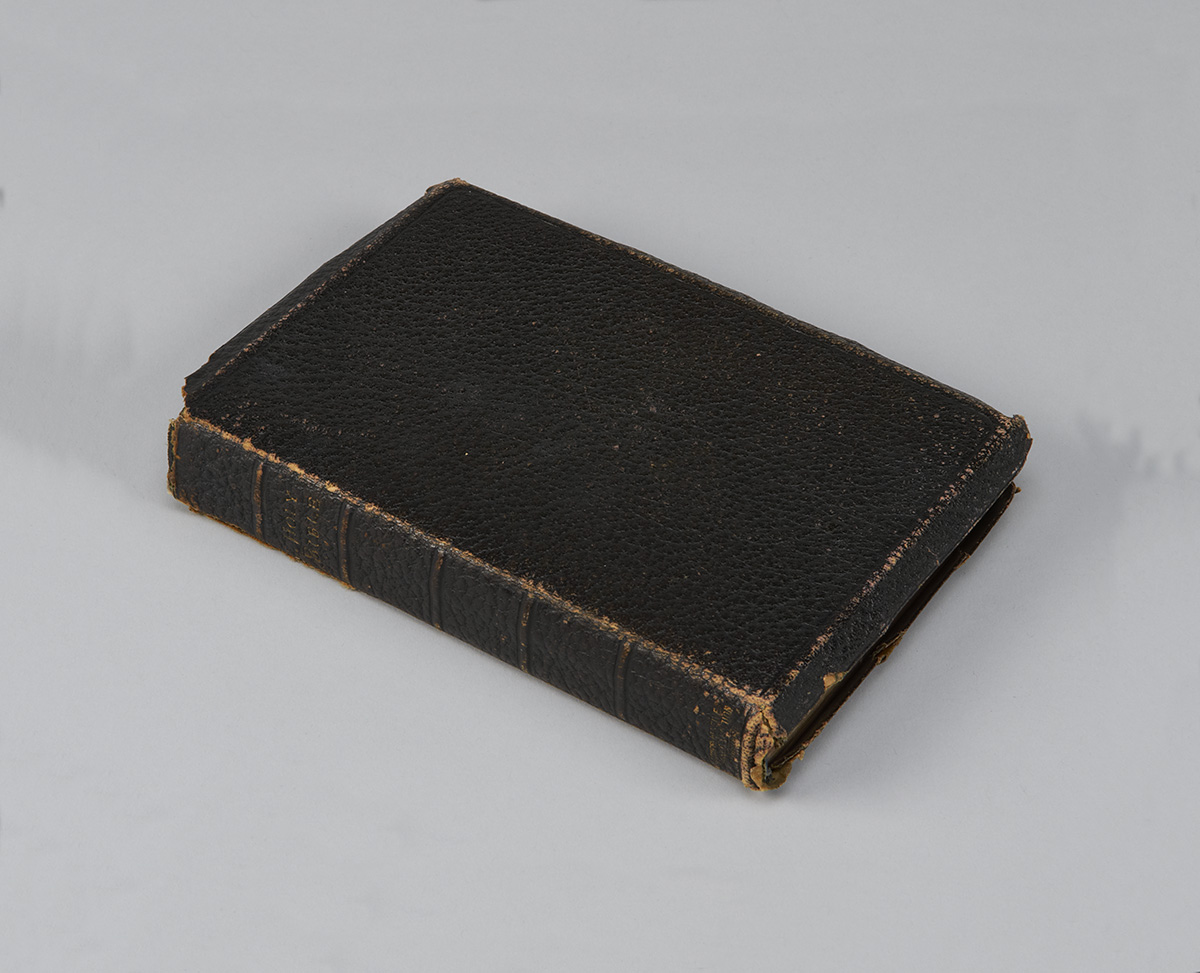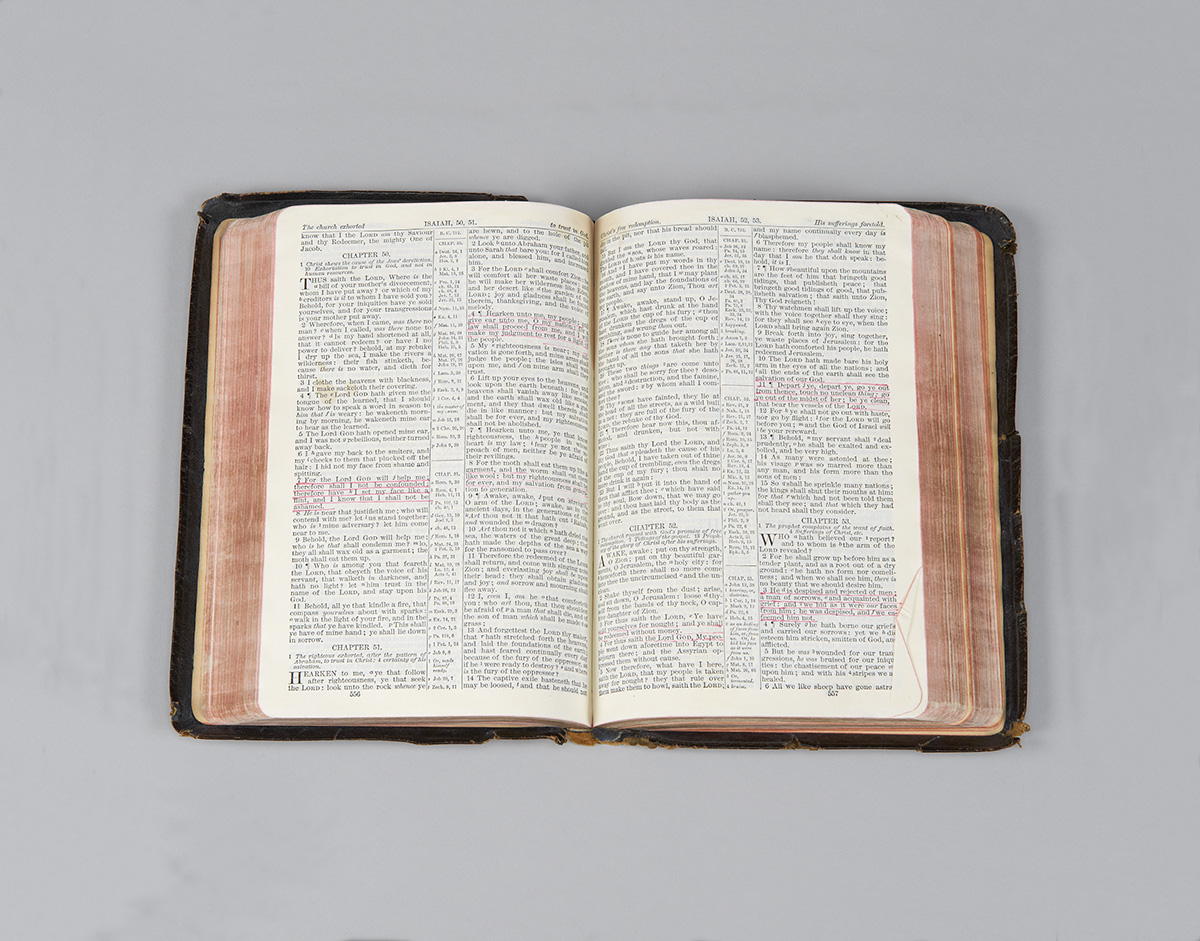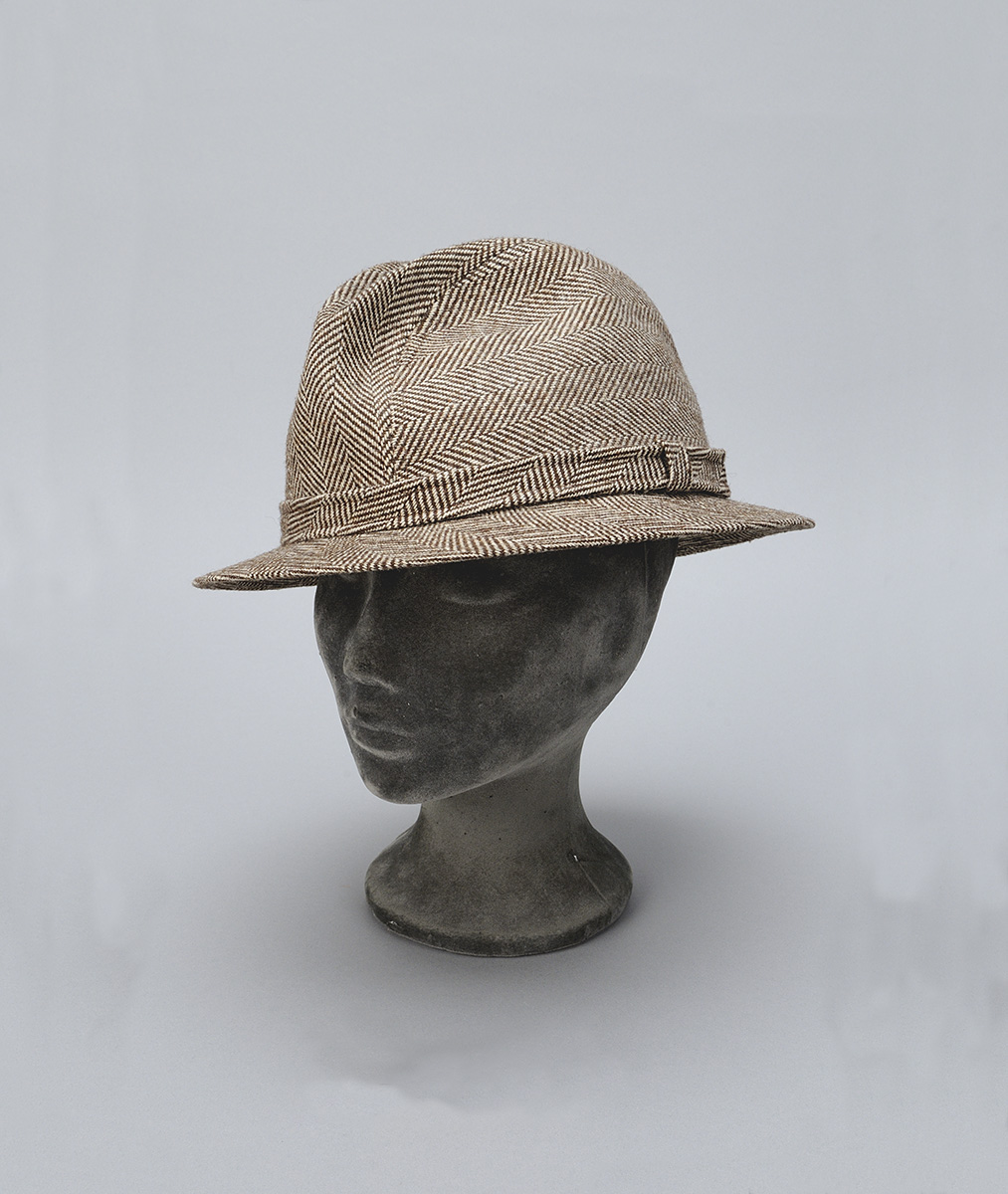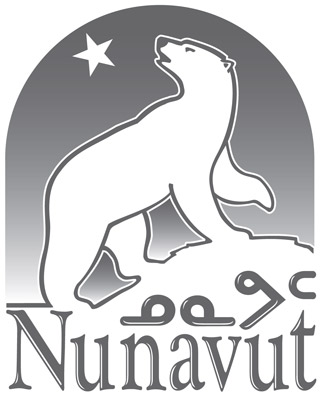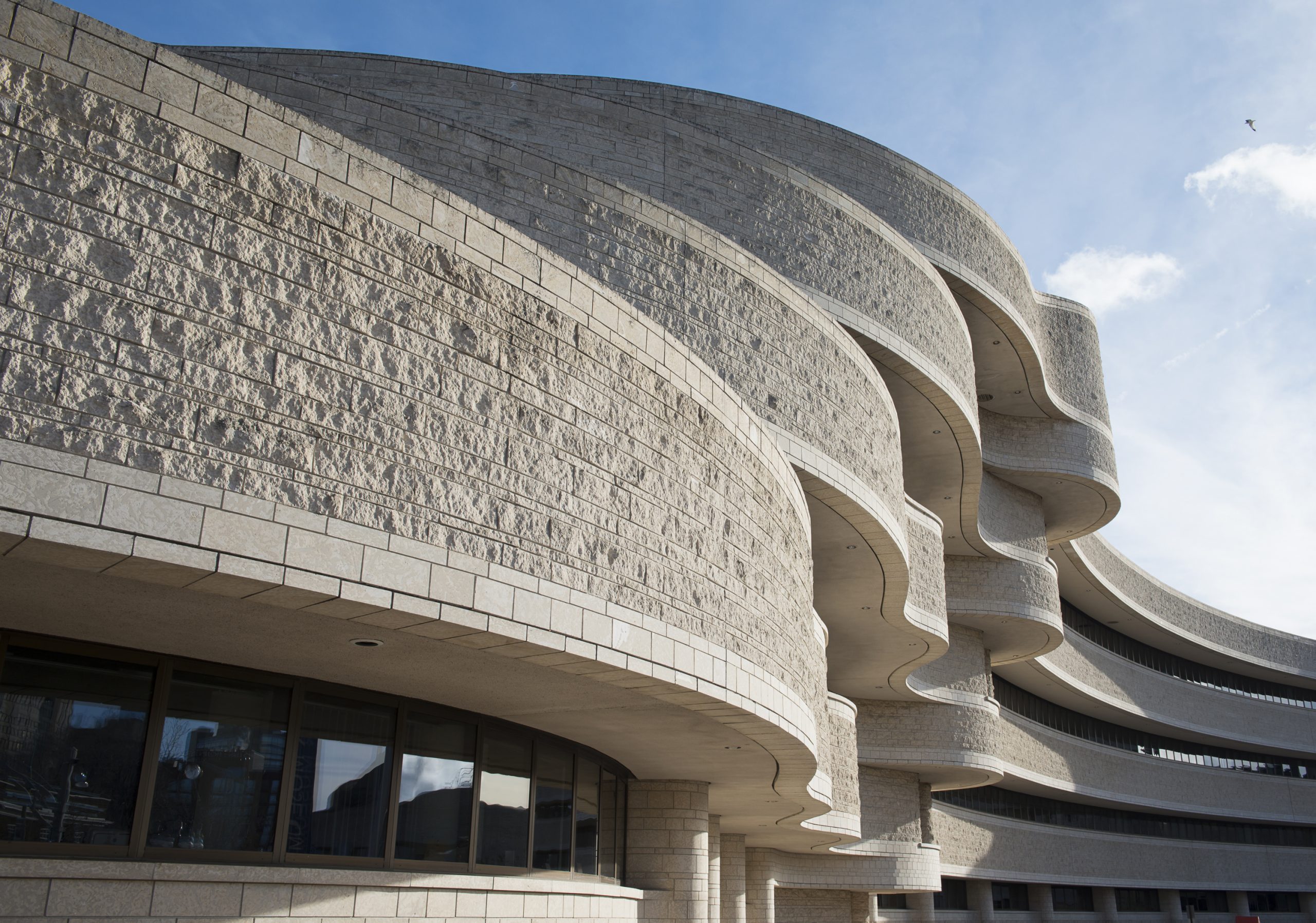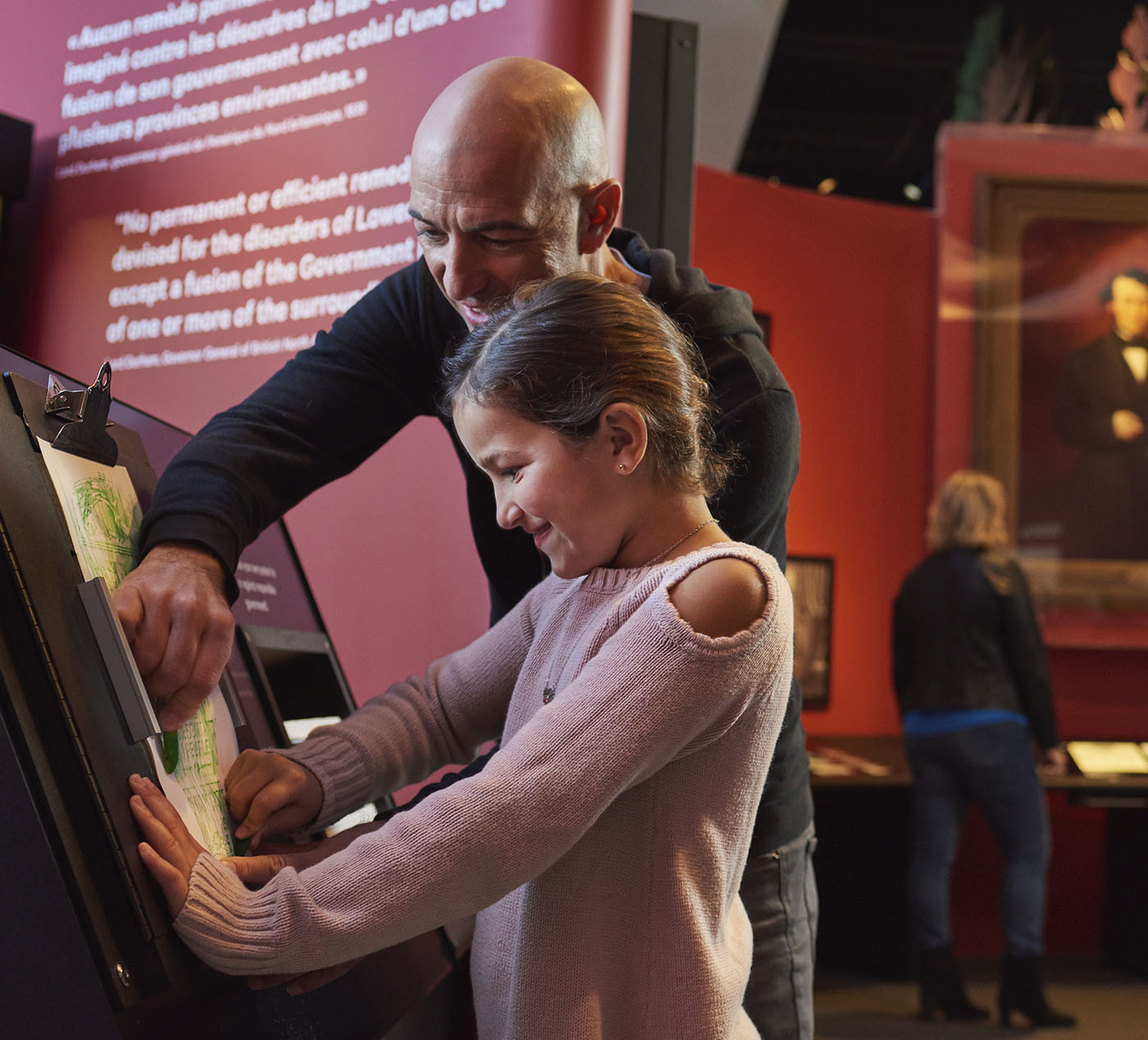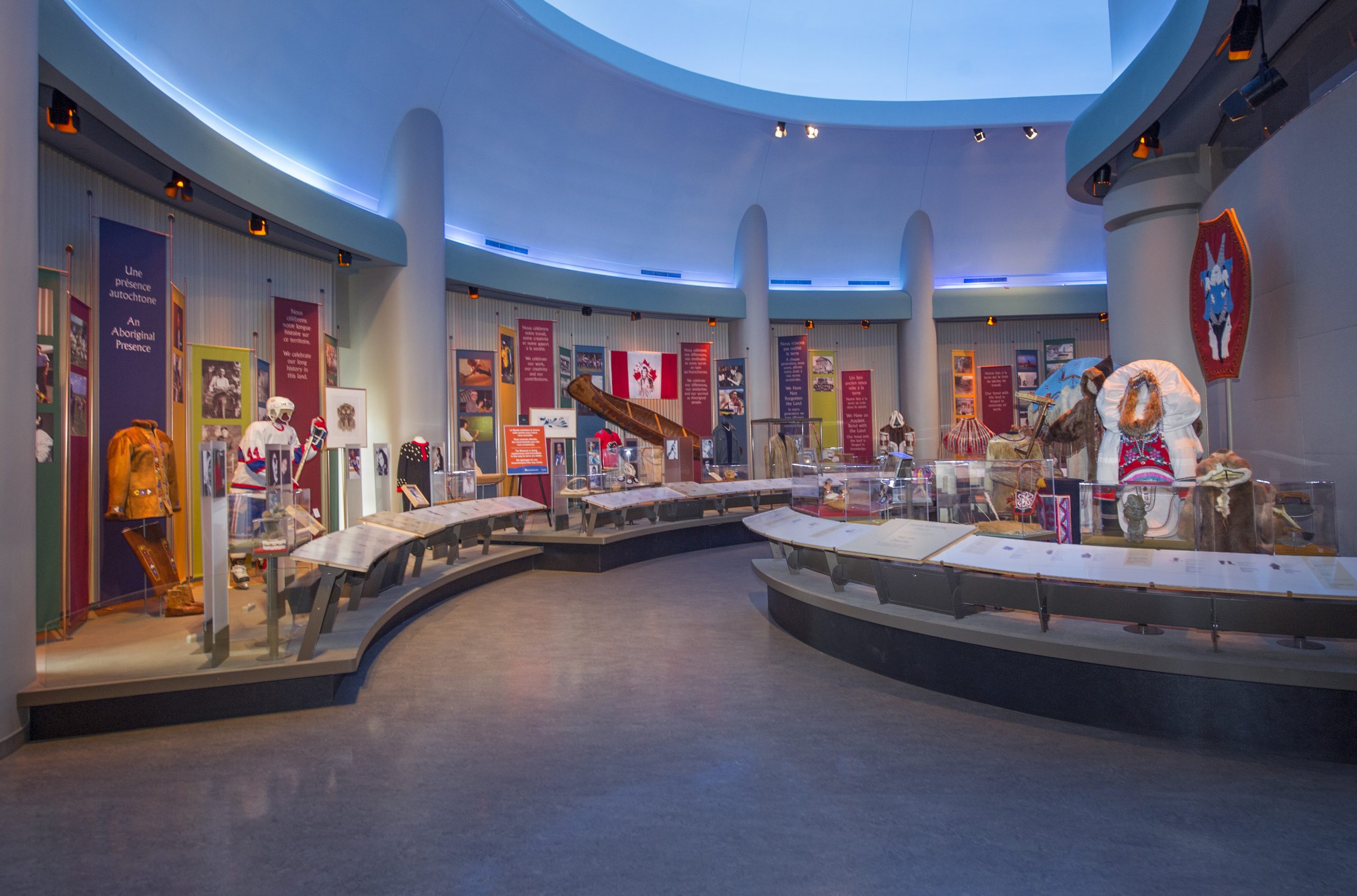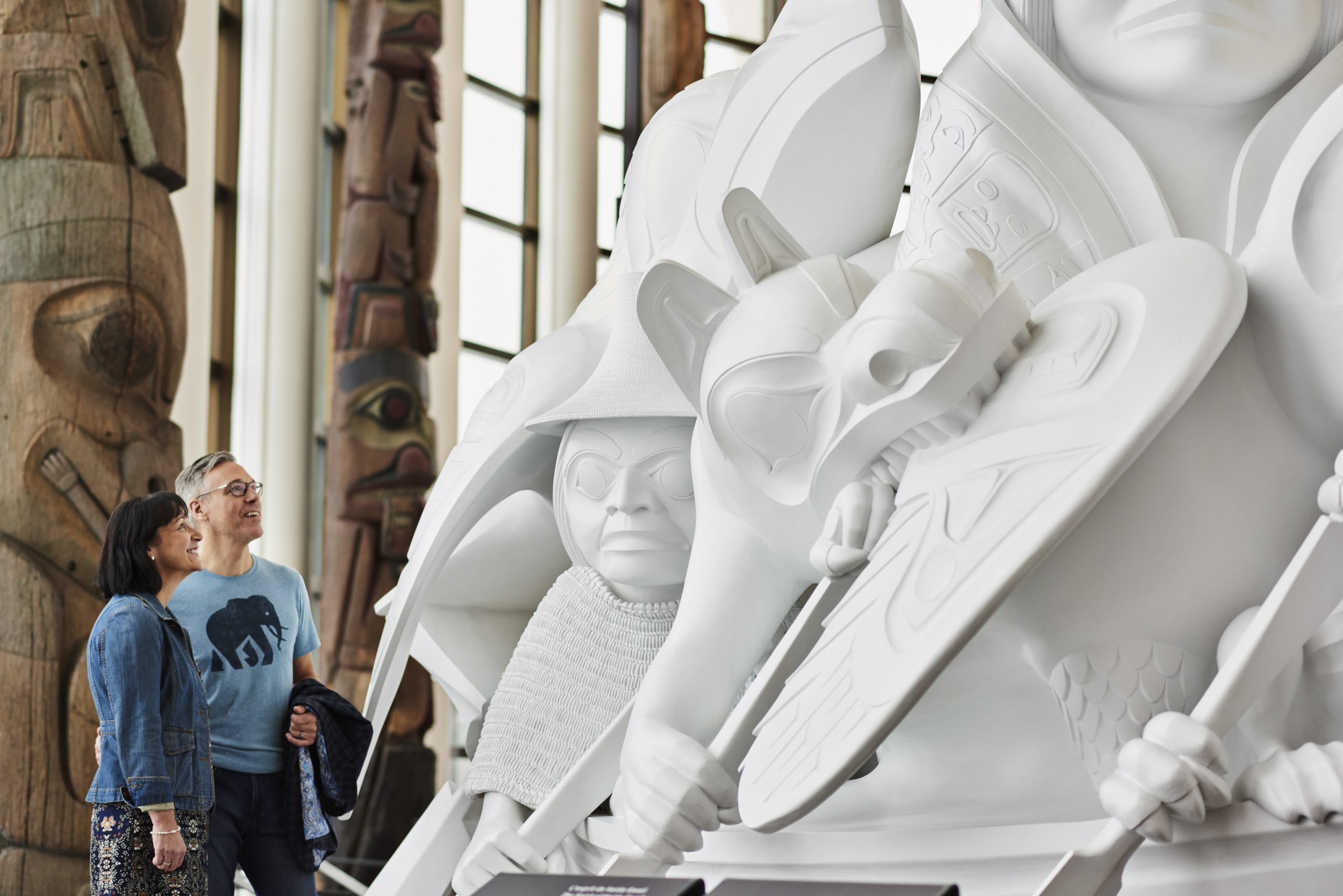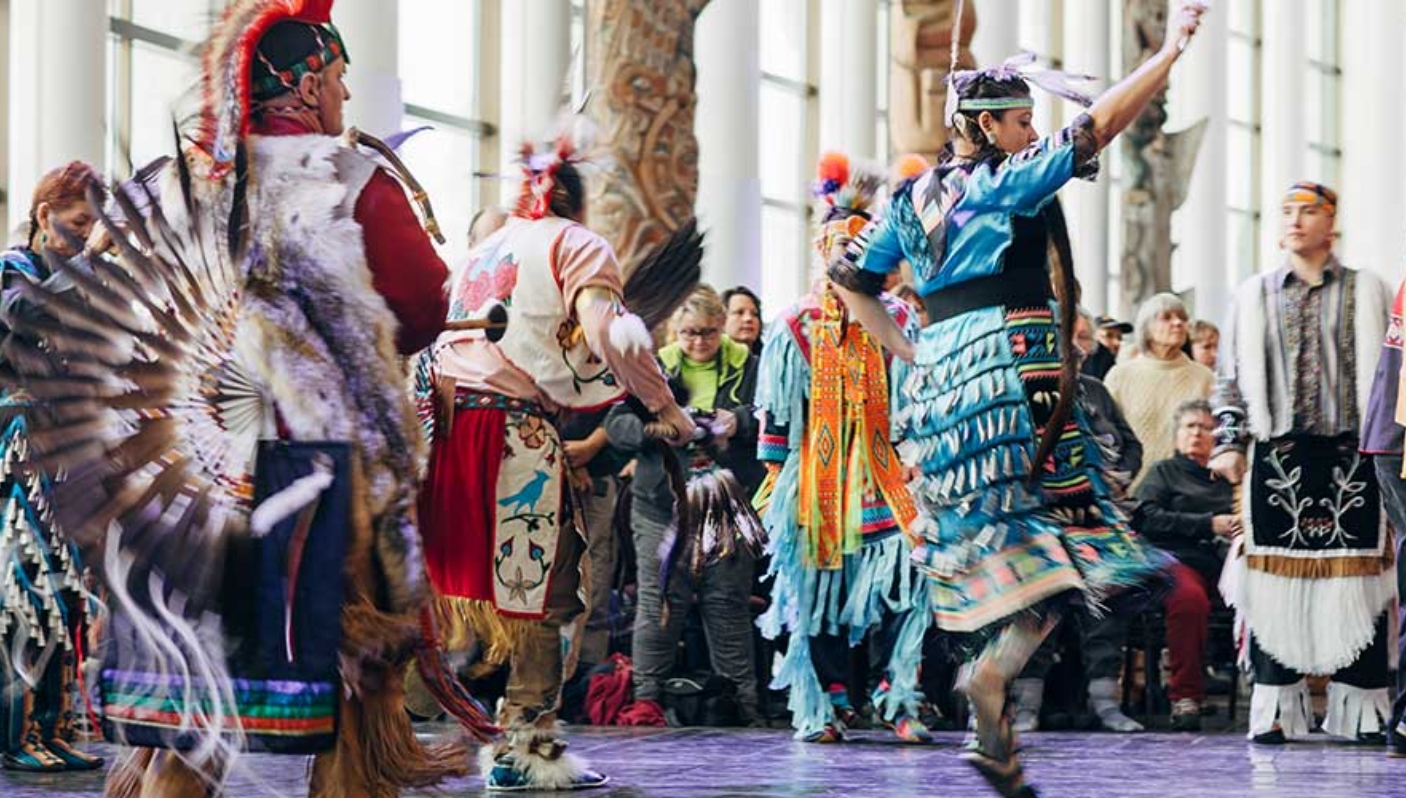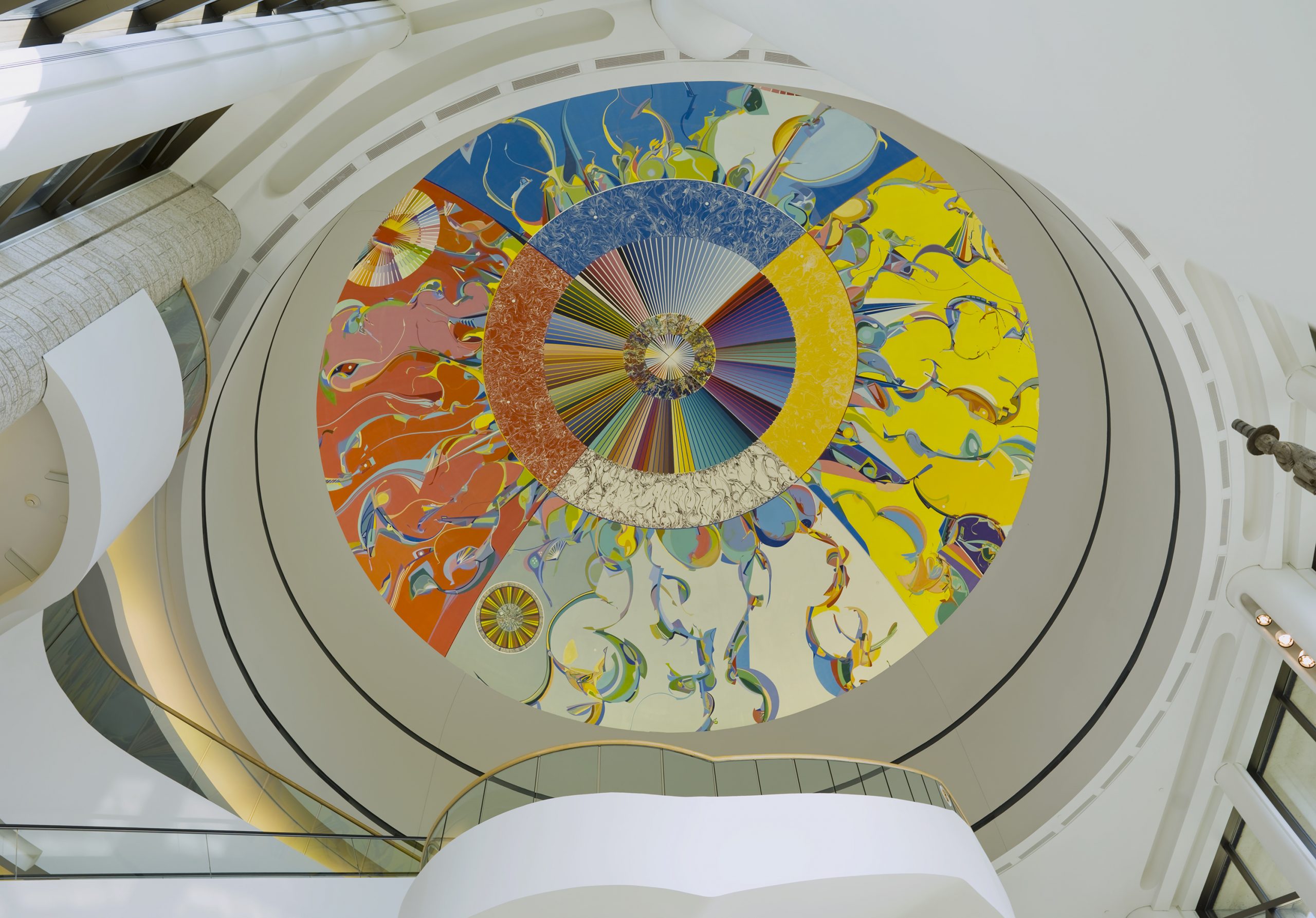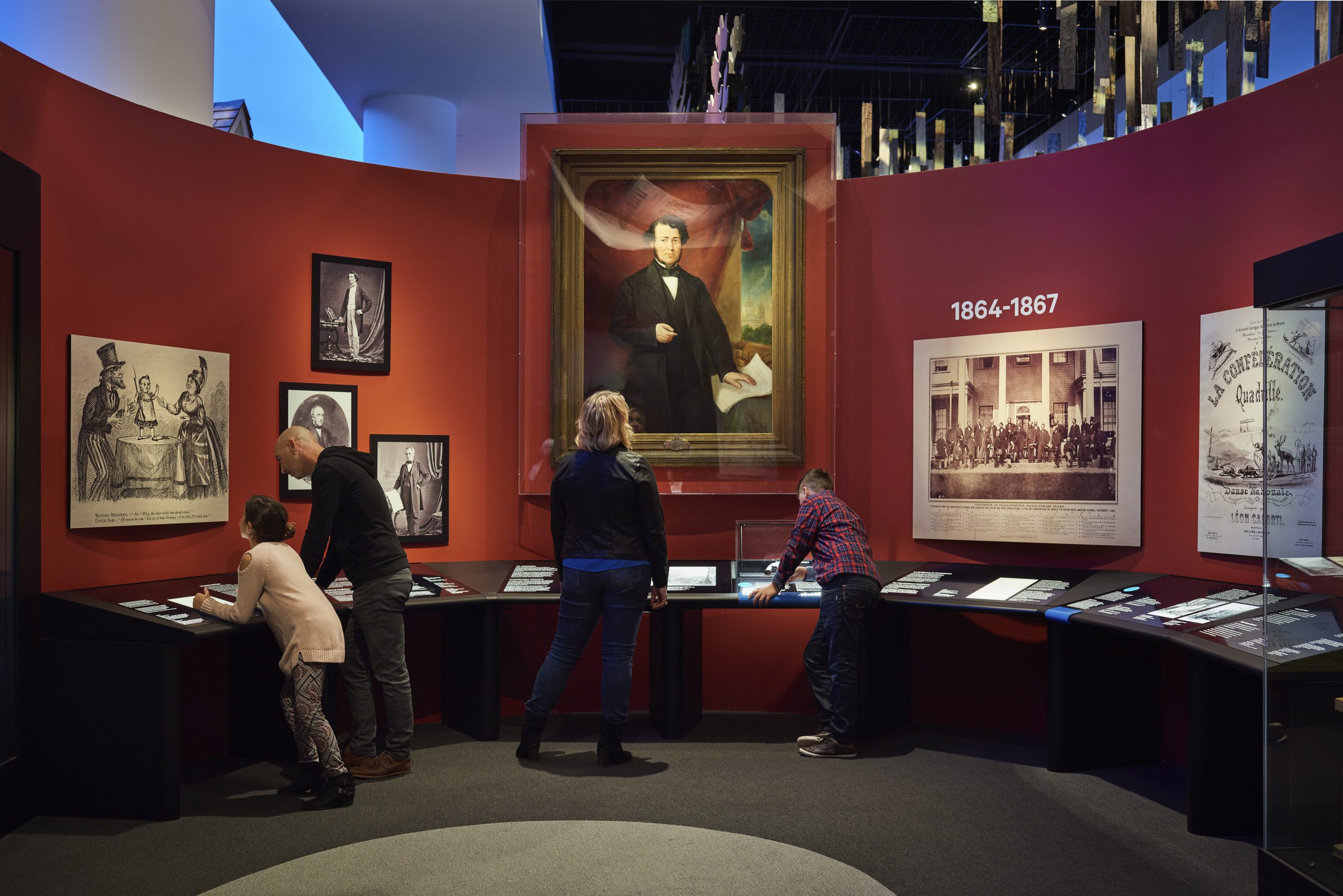subtitle - temporary - June 20, 2024 to January 19, 2025
Découvrez les origines du pouvoir et des inégalités de l’Europe ancienne.
Premiers royaumes d’Europe propose au public un voyage épique couvrant 6 500 ans d’histoire – de l’époque néolithique à la fin de l’Âge du fer et à l’aube des empires – alors que les métaux précieux étaient fondus pour la première fois en haches de cuivre, en épées de bronze et en bijoux d’argent et d’or, et qu’on bâtissait des armées pour régner sur les masses.
Pour la première fois au Canada, plus de 700 objets rares et sublimes provenant de 26 institutions du sud-est de l’Europe ont été rassemblés pour explorer la manière dont des individus ont accru leur pouvoir en amassant des richesses et en contrôlant le commerce, les rituels, les cérémonies et les guerres.
Premiers royaumes d’Europe est présentée dans le cadre du projet First Kings of Europe, organisé par le Field Museum de Chicago.
Cette exposition a été rendue possible en partie grâce au soutien financier majeur du National Endowment for the Humanities: Democracy demands wisdom. Les opinions, constatations, conclusions ou recommandations exprimées dans cette exposition ne représentent pas nécessairement celles du National Endowment for the Humanities.
June 2012 will mark 200 years since the declaration of the War of 1812 — a war that saw Aboriginal peoples, local and volunteer militias, and English- and French-speaking regiments fight together... »
The Americans were in high spirits, and when I said I was Canadian, one of the officers laughed and said, “You'll soon be under the Yankey government, my boy.” »
On our way down here, Senator Frist was kind enough to show me the fireplace where, in 1814, the British had burnt the Congress Library. I know this is, kind of, late, but sorry. »
And the star-spangled banner in triumph doth wave, O’er the land of the free and the home of the brave. »
« Aucun remède permanent et efficace ne peut être imaginé contre les désordres du Bas-Canada, sans la fusion de son gouvernement avec celui d’une ou de plusieurs provinces environnantes. » »
« S’il ne survenait aucune catastrophe qu’on ne saurait prévoir sans regret, la race canadienne devrait, jusqu’à la fin des temps, peupler ce pays. » »
« Ceux qui avoient obtenu la croix de St. Louis, y avoient autant de consideration que des lieutenants-généraux et des cordons bleus [Chevaliers du Saint-Esprit] en France. » »
« Avant que l’on ne voie l’homme blanc pour la première fois sur cette île, le grand chef indien … parla ainsi à son peuple : “Attention! Quelque chose s’en vient sur les eaux. …” » »
Video Module
Voici votre histoire
Visitez l’impressionnante salle de l’Histoire canadienne pour découvrir l’exposition la plus vaste et la plus complète au monde sur l’histoire du Canada.
Media Grid Module
Découvrez aussi
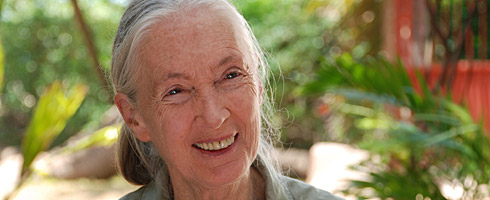
CINÉ+
Copy – Jane Goodall – Des raisons d’espérer (SH)
24 $ (FR details here)
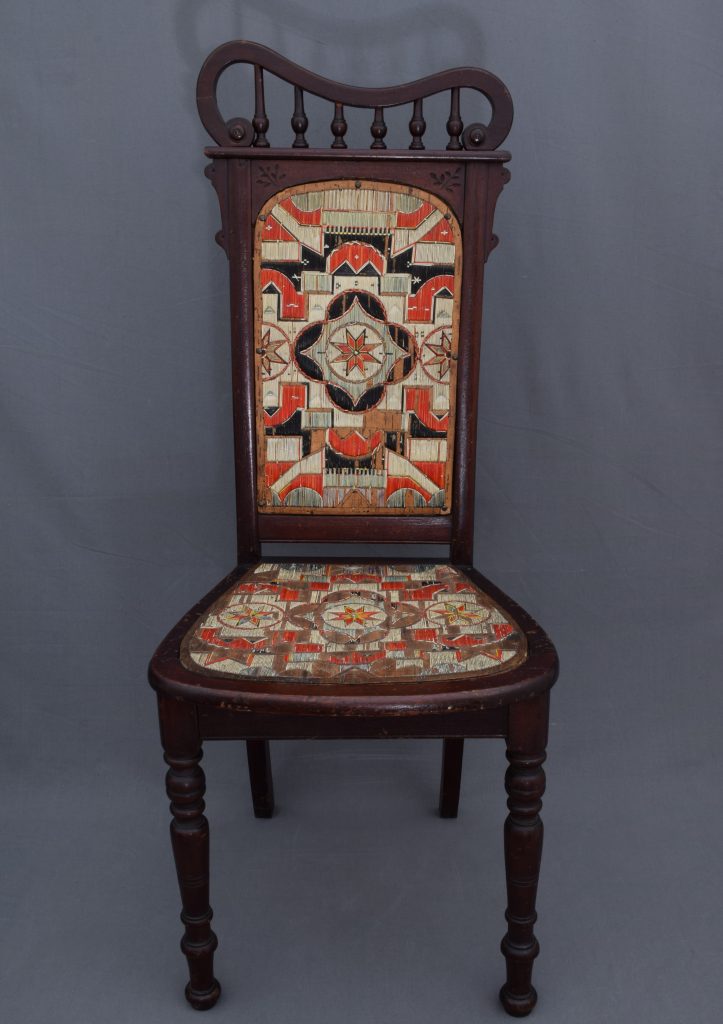
Blogue
Copy – Entrez dans les coulisses des collections du Musée (SH)

Blogue
Copy – Bonne lecture de votre bulletin Kudos! – Été 2023 (SH)
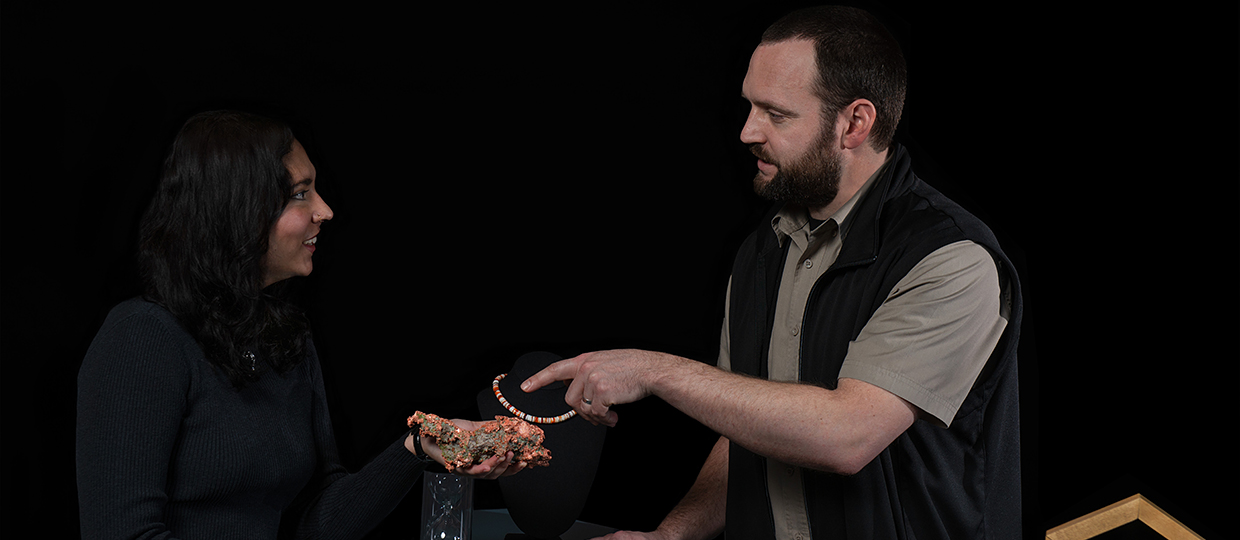
Evenement
Copy – Maître des métaux – Jeu questionnaire (SH)
Billets : 130 $; 115 $ pour les membres.
Achetez vos billets en ligne ou par téléphone, au 819-776-7000.
Vous devez acheter vos billets avant le 5 février 2020 et avoir au moins 18 ans pour participer.

Copy – Musée canadien des enfants (SH)
This is the CCM excerpt (FR).
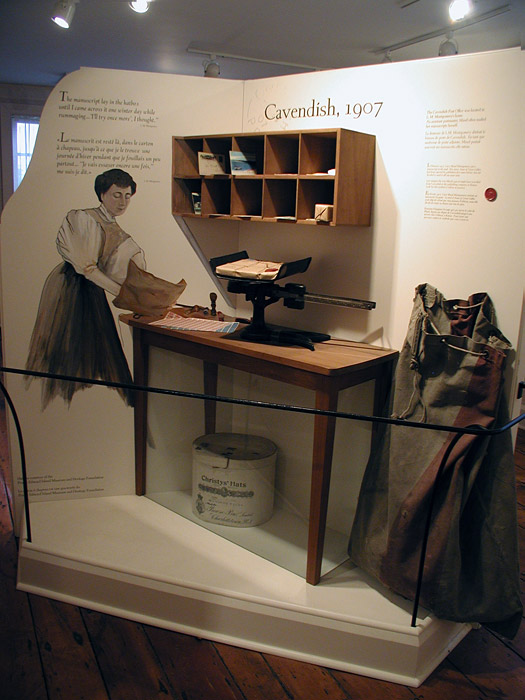
Exhibition
Copy – Ceux que nous avons rencontrés – Le savoir traditionnel inuit et l’expédition Franklin (SH)
Une exposition itinérante réalisée par le Musée canadien de l'histoire en collaboration avec la fiducie du patrimoine Inuit.

Copy – Blogue (SH)
Excerpt - Copy - Blogue (SH)

Copy – Films CINÉ+ (SH)
Excerpt FR - Le CINÉ+ en met plein la vue une variété d’œuvres cinématographiques enrichissantes. XX

Evenement
Copy – Pour les membres seulement : Visite guidée – Histoire du Canada (SH)
6-10 mai 2024
Gratuit
Featured Event / Resource Module 2
Copy – Test reoccuring daily event 2 (SH) – français
TEST EXCERPT FRA

Featured Event / Resource Module 1
Children’s Museum Tour – Example Event for Sandra
Sample Excerpt for Public Tours
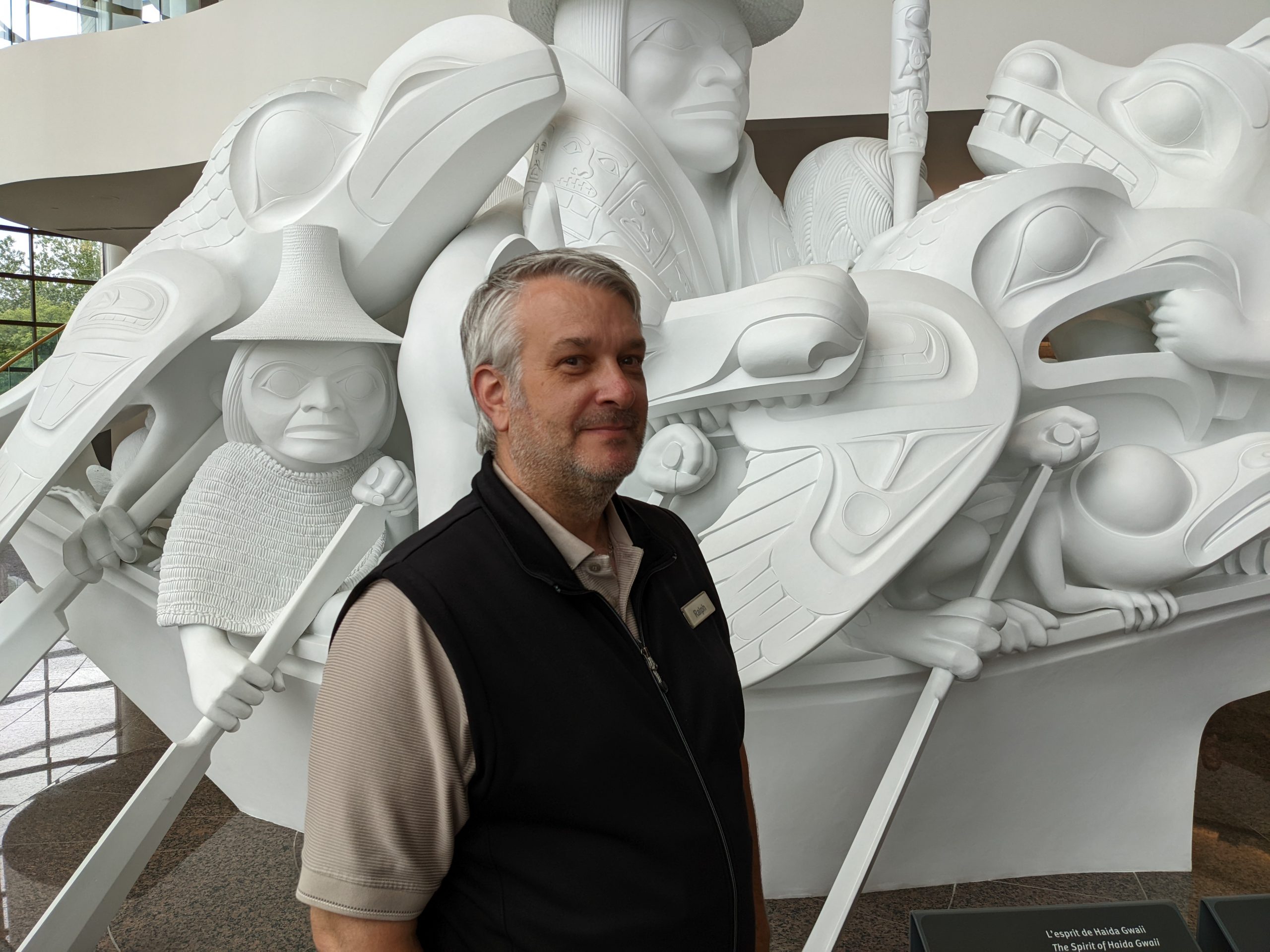
Content Module - 3 column
Secondary
Tertiary
Quaternary
12 celebrations are featured with related activities, in addition to artifacts and props, video and audio productions, and take-home activities.
This lively exhibition helps children discover the importance and diversity of celebrations in Canada. It provides them with a stimulating exploration of the celebrations that bring families together, and gives children a sense of belonging and caring for others. Visitors can explore 12 celebrations through the seasons – from large groups of people gathering for a day of festivities, to special moments in children’s everyday lives. The associated activities provide young visitors with opportunities to be creative, solve problems, and take on new roles.
Secondary - 1812
Tertiary
Quaternary
34 graphic panels printed on fabric and mounted on free-standing structures.
A five-minute video of interviews with people affected by the War Measures Act, with comments by the exhibition curators.
What happens when personal freedoms come into conflict with national security?
Exploring the suspension of civil liberties in Canada during the First World War, the Second World War, and the 1970 October Crisis, Lost Liberties — The War Measures Act sheds new light on the enduring impact of the Act on Canada and its people.
The travelling exhibition examines the internment of Canadians of Ukrainian origin and other nationalities during the First World War, the internment of Italian Canadians and the internment and forced relocation of Japanese Canadians during the Second World War, and the arrest of hundreds of people in Quebec during the 1970 October Crisis.
Lost Liberties probes the crises that drove these tragic events, and features poignant first-hand accounts from the men, women and children who lived through them.
Secondary - 1812
Tertiary - The British War
Quaternary
In 1812, Britain sought to defend Canada without compromising its war against Napoleonic France.
When the British look back at the early nineteenth century, they remember the Napoleonic Wars, not the War of 1812. To support the war with France, the British forced sailors from American ships to join the Royal Navy and attempted to control American trade with French-occupied Europe. When the United States responded by declaring war, Britain defended Canada and blockaded American ports, but never lost sight of its primary goal: defeating Napoleon.
Primary
Secondary - 1812
Tertiary - The Canadian War
Quaternary
For Canadians, the War of 1812 was the successful defence of a small colony against attack by a much larger neighbour.
Canadians endured repeated invasions and occasional occupations, but each invasion ultimately ended with an American withdrawal. The Royal Navy and British Army supported by Canadian regulars, Canadian militia, and First Peoples warriors, successfully defended Canada. Isaac Brock, Charles de Salaberry, Laura Secord, and Tecumseh became, and remain, iconic Canadian figures. The successful defence of Canada allowed British North America to evolve into an independent transcontinental country.
Nous joindre

Contactez-nous
Timothy P. Foran
Conservateur, Amérique du Nord britannique
Contact Module - Title (custom, no image...) (FR)
The United States declared war against Great Britain in June 1812 in response to British encroachments on American sovereignty. While American forces failed to conquer Canada, they captured several British frigates and won defensive battles against British invasions of the United States. Americans have come to view the war as a “nation-building” experience. It won international respect for their power and sovereignty, inspired their national anthem and sanctified their national flag.
When the British look back at the early nineteenth century, they remember the Napoleonic Wars, not the War of 1812. To support the war with France, the British forced sailors from American ships to join the Royal Navy and attempted to control American trade with French-occupied Europe. When the United States responded by declaring war, Britain defended Canada and blockaded American ports, but never lost sight of its primary goal: defeating Napoleon.
The King’s government … [has] most unequivocally expressed to me their desire to preserve peace with the United States, that they might, uninterrupted, pursue with the whole disposable force of the country, the great[er] interest in Europe.
— George Prevost, British, Governor General of Canada, 1812
Nous avons certainement gagné [la guerre de 1812]. Parce que, si ça n’avait pas été le cas, nous utiliserions des huards et des pièces de deux dollars au lieu de billets américains, n’est-ce pas?
Une chance s’offrait à nous; oui, une chance comme il n’en viendrait jamais d’autre, pour nous, les Premiers Peuples d’Amérique du Nord; une chance de nous rassembler dans une formidable combinaison et de nous joindre aux Britanniques dans cette guerre.
And the star-spangled banner in triumph doth wave, O’er the land of the free and the home of the brave.
Quote [error 1]
